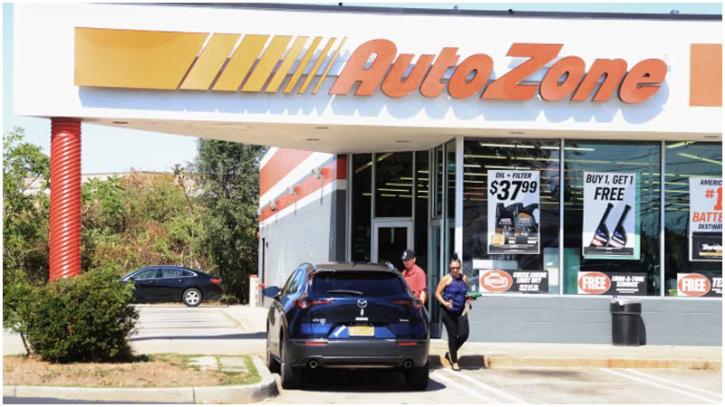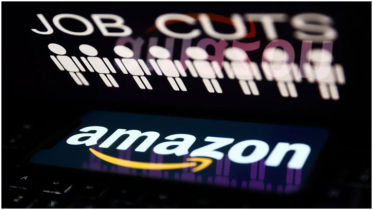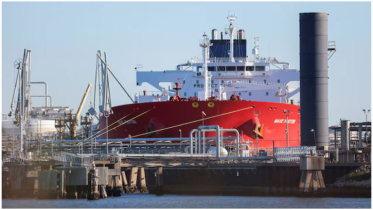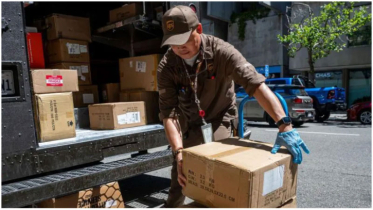Trump's tariffs begin to push up US consumer prices

The impact of President Donald Trump’s sweeping tariffs is starting to be felt by American consumers, as prices for imported goods — from soup cans to car parts — rise across the country.
Data from the US Bureau of Labor Statistics show that in the six months to August, prices for audio equipment jumped 14%, dresses rose 8%, and tools and hardware climbed 5%. Most of these goods are imported, indicating that tariffs are increasingly feeding into consumer inflation.
“Over the past two years, goods inflation has been about zero. We are beginning to see it creep up,” said Mark Mathews, chief economist at the National Retail Federation.
Trump imposed “reciprocal” tariffs on nearly every trading partner six months ago, surprising markets. While overall inflation remains moderate at 2.9% in August, evidence suggests the tariffs are now driving targeted price increases.
Retailers have responded in different ways — some stockpiled goods ahead of tariff deadlines, while others selectively raised prices. Costco reduced its exposure by displaying fewer imported holiday items, replacing them with high-margin products like backyard sheds and saunas.
However, more companies are now openly passing costs to consumers. According to Telsey Advisory Group, since April, major retailers have raised prices on roughly half of all imported product categories, including apparel, appliances, and sporting goods.
Furniture giant Ashley Furniture plans to hike prices by 3.5% to 12% on most products, citing “significant cost challenges” from tariffs. The move comes just before a new 25% tariff on upholstered furniture takes effect on October 14.
At AutoZone, CEO Philip Daniele said further price increases are likely as tariffs take full effect: “If the starter breaks, your car’s not going to start... either bum a ride or get it fixed,” he remarked.
Other sectors are also feeling the pressure. Coffee prices are surging due to 50% tariffs on imports from Brazil, while higher tariffs on tin-plate steel have raised the cost of food cans. Campbell Soup’s CFO Carrie Anderson said the company is implementing “surgical price increases” due to limited sourcing options.
An Institute for Supply Management survey found growing concern about tariffs across industries from food services to construction. One executive described the duties as adding “an unnecessary level of uncertainty” to the economy.
While Federal Reserve Chair Jay Powell said businesses have so far absorbed most of the tariffs’ costs, economists expect that to change. Citigroup’s Nathan Sheets estimates that consumers have borne 30–40% of tariff costs so far but predicts that share will soon rise to 60%.
“We think there is more to come for the consumer,” Sheets warned.
.png)




